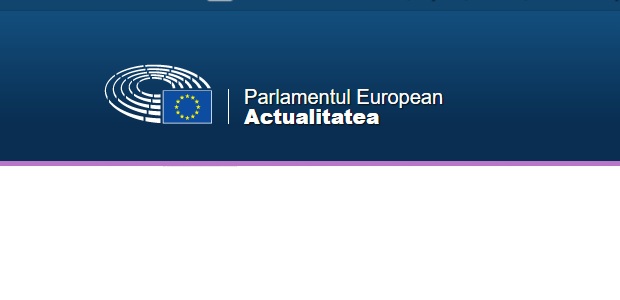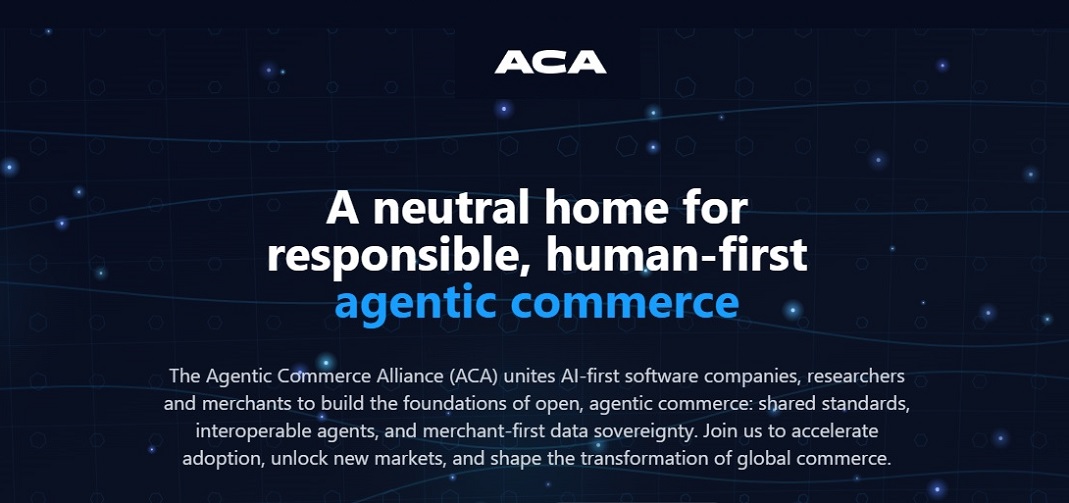EU needs to accelerate FinTech development

MEPs want the EU to accelerate the development of financial services enabled by new technologies (FinTech). Their key priorities are cybersecurity, a level playing field for traditional companies and start-ups, and controlled experimentation with new technologies.
In the plenary vote on Tuesday (last week), MEPs urged the European Commission to come up with a set of rules that would enable FinTech to develop “a comprehensive Action Plan in the framework of Capital Markets Union and Digital Single Market”.
Cora van Nieuwenhuizen (ALDE, NL) was the lead MEP and the text she steered through the Parliament was adopted with 544 votes in favour, 107 votes against and 14 abstentions.
“The development of new financial services and the digitalisation of existing services will change market dynamics for the financial services sector and European regulators must respond – our challenge is to deliver certainty without hampering innovation”, Ms van Nieuwenhuizen said.
“It’s time for Europe to embrace and adapt to FinTech, which has the potential to transform the world of finance and regulatory innovation. A glut of additional regulation at this stage could limit innovation and see fledgling FinTech companies already in the EU moving to the US or Singapore, which must be avoided. Regulators need to start „thinking instead of ticking”, she added.
Cora van Nieuwenhuizen speech in the plenary:
„The current rise of FinTech comes after the origination of a number of different technological developments within a short time span, namely artificial intelligence, cloud computing and distributed ledger technology. These provide new opportunities for disruptions like mobile payments, open banking, crowdfunding, crypto currencies and robo advice. FinTech can lead to significant benefits such as cost reductions, efficiency gains, and more transparency. It can also be an effective tool for financial inclusion, opening up high—level services for those who could not afford them before. Furthermore, FinTech can enable cross—border financial flows and infrastructure through alternative lending and investment channels.”
„The FinTech revolution that we are currently experiencing is global. In recent years, global FinTech investments have soared. The bulk of these investments was made in the United States, and Asia and Israel are also gearing up in this respect. The US, China and Israel host more than half of the top ten largest FinTech companies. If Europe wants to remain competitive, rapid innovation should be the norm, not the exception. This is not only important for Europe’s financial infrastructure, but also for the real economy, with consumers and businesses benefiting from improved financial services.”
MEPs were the first to prepare the EU FinTech report, which they believe is a good input to the Commission’s action plan. Key priorities backed by today’s vote were:
. Cybersecurity and data protection: the need for end-to-end security across the whole financial services value chain and to create more awareness among the consumers regarding the value of their personal data. A caution regarding the increasing combination of personal data and algorithms such as robo-advice, which might be both beneficial and detrimental to clients.
. Level playing field: to ease the access for new entrants and prevent regulatory arbitrage among the member states. Future legislation should be based on: same rules regardless of the type of entity (a traditional bank, an innovative startup or a tech-giant), technology neutrality and risk-based approach.
. Interoperability and passporting: importance of interoperability of FinTech services within the EU and through engagement with third countries, interoperability of traditional and new payment solutions and national eidentification schemes. Where applicable, passporting regimes should be offered to providers of new financial services across the EU.
. Room for controlled innovation and fostering financial education and IT skills: controlled experimentation with new technologies and stress-testing tools for FinTech applications. National regulators and supervisors should develop technological know-how and skills also financial and digital literacy among the customers are crucial factors for the efficient use of FinTech and for lower level of risks.
Source: European Parliament
Dariusz Mazurkiewicz – CEO at BLIK Polish Payment Standard
Banking 4.0 – „how was the experience for you”
„To be honest I think that Sinaia, your conference, is much better then Davos.”
Many more interesting quotes in the video below:










